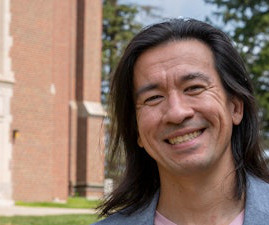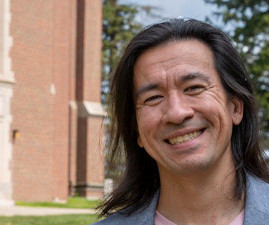Providing Wraparound Services for UCONN’s Asian American Studies
Diverse: Issues in Higher Education
MAY 20, 2024
With a new federal grant that Chang and his fellow UConn faculty and staff members have secured from the U.S. Mental Health TEAS will bring aboard an additional full-time clinical therapist as well to help boost Asian American student retention and completion. The search for the new hire is currently underway, according to Rola.

















Let's personalize your content